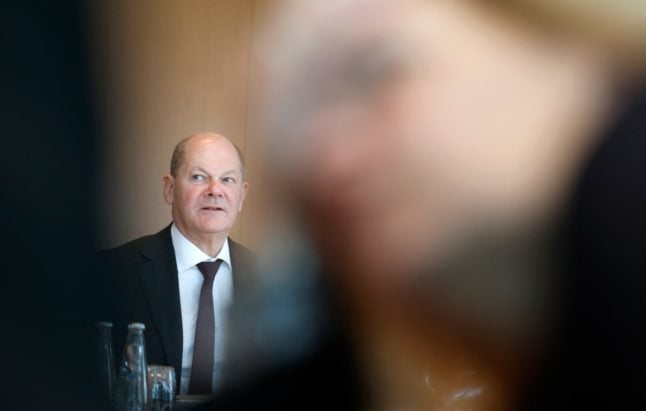The political science professor, Konrad L., published an essay in the agency’s journal Deutschland Archiv in 2004 entitled, Deutsche Identität in Verfassung und Geschichte, or “The German Identity in Law and History.”
In it he argued that the majority of German people during the Nazi era were not anti-Semitic and that there had been a “German-Jewish symbiosis beneath the swastika.”
After the journal was released, the BPB sent out a written apology to subscribers stating their intention to pulp all remaining copies. They also apologised to any readers “who may feel vilified by this article.”
Konrad L. took the case to court, calling the BPB’s actions slanderous. The case was unsuccessful in a North Rhine-Westphalia state administrative court, but his appeal to the high court resulted in a favourable ruling.
The court ruled that the professor should be represented, and thus protected, in his place as an author and that destroying his work represented a “stigmatization” of him due to his handling of the “sensitive topic” of anti-Semitism.
Furthermore, administrative courts “cannot make judgements on rights as personally fundamental as the freedom of opinion,” the statement said.
The Cologne administrative court must now reconsider the professors’ claim against the BPB.
DAPD/The Local/rm



 Please whitelist us to continue reading.
Please whitelist us to continue reading.
Member comments